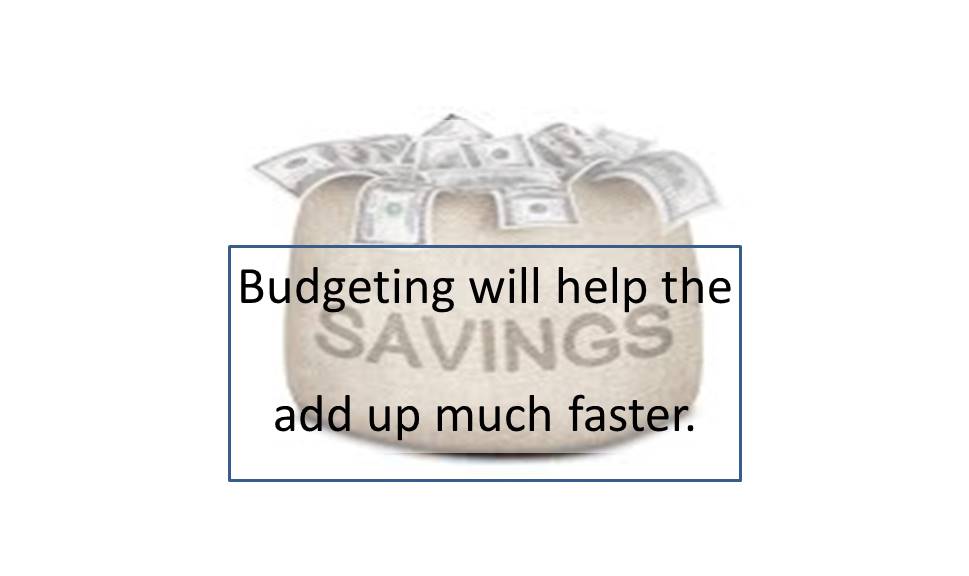Top 5 Mistakes People Make With Their Money and How to Avoid Them
Money is one of the most important aspects of our lives, yet many people struggle to manage it effectively. Whether it’s overspending, failing to save for emergencies, or investing in the wrong things, there are many mistakes that can be made when it comes to money.
In this article, we’ll be discussing the top 5 mistakes people make with their money and how to avoid them. From setting realistic financial goals to creating a budget and sticking to it, we’ll cover everything you need to know to take control of your finances.
So if you’re ready to start making smarter money decisions and avoid common pitfalls, read on to discover our top tips and tricks for managing your money like a pro.
Table of Contents
Mistakes that can destroy your money and financial status
1. Not having a budget
One of the most common mistakes people make with their money is failing to create a budget. Without a budget, it can be challenging to track your spending and make informed financial decisions. A budget is an essential tool for managing your money, and it doesn’t have to be complicated. Start by identifying your income and expenses, and then allocate funds accordingly.
The first step in creating a budget is to track your spending for a month. This will give you a good idea of where your money is going and help you identify areas where you can cut back. Once you’ve tracked your spending, create a budget that takes into account your income, expenses, and financial goals. Be realistic and don’t forget to include a category for unexpected expenses.
Creating a budget is just the first step. To make it work, you need to stick to it. This means tracking your spending regularly, adjusting your budget as needed, and avoiding overspending. With a little effort, you can create a budget that works for you and helps you achieve your financial goals.
2. Living beyond your means
Living beyond your means is another common mistake that can lead to financial problems. It’s easy to get caught up in the latest trends and overspend on things you don’t need. But overspending can quickly lead to debt and financial hardship. To avoid this mistake, it’s essential to live within your means and prioritize your spending.
Living within your means means spending less than you earn and avoiding unnecessary expenses. This may mean cutting back on eating out, shopping for clothes, or other discretionary spending. Instead, focus on the things that are most important to you, such as paying off debt, saving for retirement, or investing in your future.
To live within your means, it’s essential to set realistic financial goals and prioritize your spending. This means sticking to your budget, avoiding impulse purchases, and focusing on the things that matter most to you. With a little discipline and self-control, you can live within your means and achieve your financial goals.
3. Not saving for emergencies or retirement
Another very important mistake people make with their money is failing to save for emergencies or retirement. Emergencies can happen at any time, and without a savings cushion, you may find yourself in financial hardship. Similarly, failing to save for retirement can leave you with little or no income in your golden years.
To avoid these mistakes, it’s essential to prioritize saving and make it a part of your budget. Start by setting aside a portion of your income for emergencies, such as unexpected medical bills or car repairs. This should be a separate account that you don’t touch unless it’s an emergency.
For retirement, start saving as early as possible and make it a priority. This means contributing to a 401(k) or IRA and taking advantage of any employer matching programs. The earlier you start, the more time your money has to grow, and the more secure your retirement will be.
4. Using credit cards irresponsibly
Credit cards can be a useful tool for building credit and managing expenses. However, using credit cards irresponsibly can lead to high-interest debt and financial hardship. To avoid this mistake, it’s essential to use credit cards wisely and avoid overspending.
Start by only using credit cards for necessary expenses, such as groceries or gas. Then, pay off your balance in full each month to avoid interest charges. Avoid carrying a balance on your credit cards and be mindful of your credit utilization rate.
If you’re struggling with credit card debt, consider consolidating your debt with a personal loan or balance transfer credit card. This can help you lower your interest rates and pay off your debt faster.
5. Not investing wisely
Investing is a crucial part of building wealth and achieving financial security. However, many people make the mistake of investing in the wrong things or failing to invest at all. To avoid this mistake, it’s essential to educate yourself about investing and make informed decisions.
Start by setting realistic financial goals and determining your investment horizon. Then, research different investment options, such as stocks, bonds, and mutual funds, and choose the ones that align with your goals and risk tolerance.
It’s also essential to diversify your investments and avoid putting all your money in one place. Spread your investments across different asset classes and industries to minimize risk and maximize returns.
How to avoid these mistakes and improve your financial health
To avoid these common mistakes and improve your financial health, there are several things you can do. Start by educating yourself about personal finance and developing a plan to achieve your financial goals. As stated above this means creating a budget, prioritizing your spending, and saving for emergencies and retirement.
Being mindful of your spending, avoiding impulse purchases, and focusing on the things that matter most to you.
Tools and resources for financial management
There are many tools and resources available to help you manage your finances effectively. From budgeting apps to retirement calculators, and these resources that can help you achieve your financial goals.
Some popular tools include Mint, Empower, and You Need a Budget. These apps allow you to track your spending, create a budget, and monitor your investments.
For retirement planning, consider using a retirement calculator to determine how much you need to save to achieve your goals. Sites like Vanguard and Fidelity offer free retirement calculators to help you plan for your future.
Success stories: Real-life examples of people who have overcome financial mistakes
Many people have overcome financial mistakes and achieved financial success. These success stories can be a source of inspiration and motivation to help you achieve your financial goals.
For example, Dave Ramsey is a well-known financial guru who has helped thousands of people get out of debt and achieve financial freedom. His book, “The Total Money Makeover,” is a popular resource for people looking to improve their financial health.
Another success story is that of Suze Orman, a financial expert who has helped millions of people achieve financial security. Her books, “The Money Book for the Young, Fabulous & Broke,” and “Women & Money,” are popular resources for people looking to improve their financial health.
Conclusion: Take control of your finances and build a secure future
Managing your money effectively is crucial to achieving financial security and building a secure future. By avoiding common mistakes, such as living beyond your means and using credit cards irresponsibly, you can take control of your finances and achieve your financial goals.
Start by creating
- a budget,
- prioritizing your spending, and
- saving for emergencies and retirement
It is important to educate yourself about personal finance and make informed decisions about investing. However, make sure you research who you are talking to. And remember, it’s never too late to start taking control of your finances. With a little effort and discipline, you can achieve financial success and build a secure future.



